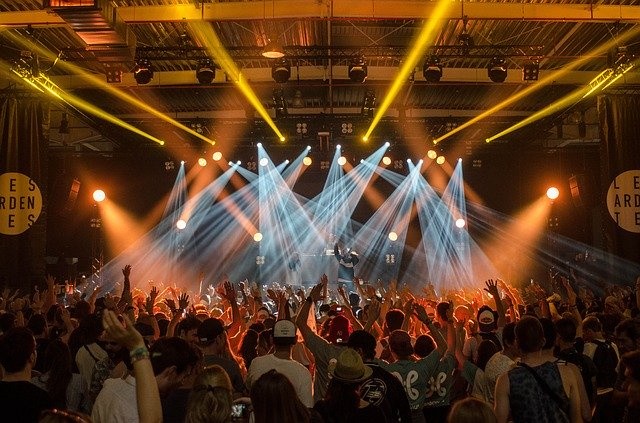Colombian Senator Calls for Reggaetón Censorship

Reggaeton music dominated the Latin American hit charts in 2019 and few years before that. That is why it is surprising that a lawmaker pushes for reggaeton censorship in Colombia.
Reggaeton, now a widely enjoyed music genre around the world, has its roots in Puerto Rico during the late 1990s, evolving from dancehall and has the American hip hop, Latin American, and Caribbean music influences.
According to an article by Remezcla, Colombian senator Jonatan Tamayo Pérez last week proposed that the country partially censor reggaetón. As per the lawmaker, the partial censorship will involve a process of approval that would involve the police or an otherwise hand-selected committee tasked with the apparently vital mission.
The politician has reportedly submitted the proposal with the welfare of children and women in mind.
"There are song lyrics that are ruining the mental health status of our children," he said.
How he came up with the conclusion so decidedly is unclear, but, he proposes a public ban of "lyrics that attempt against the good name and dignity of women and minors" in response.
Manguito said he is fine with folks listening to reggaetón from the comfort of their homes, but not if said music is played or performed in public. As indicated in the proposal, penalties will be imposed to those who refuse to abide.
Implementation and enforcement of the rule may prove difficult in a country of 50 million people but Manguito suggests local authorities and parents, or people who are otherwise passionate about this, report those who don't follow suit.
This is not the first time the government would infringe upon the process of urbano artists or address reggaeton's often preferred, vulgar themes at the height of its popularity at the local level. In the 1990s, the Puerto Rico Drug and Vice Control Bureau of the Police Department raided record stores to confiscate underground music. In the early 2000s, then Puerto Rico Governor Velda González called the genre a "triggering factor for criminal acts," and held anti-reggaetón hearings. In 2012, Cuba banned reggaetón in public spaces, buses and more. Meanwhile in Colombia, Attorney Joaquin Torres attempted to ban the sale and distribution of reggaetón in 2011.
Colombian reggaeton sound developed in Medellín in the past decade, evolving from copy-and-paste versions of the popular Puerto Rican reggaeton of the time into a more dancehall-derived sound with producers like Sky and Ovy On The Drums leading the charge.
In stark contrast to the reggaeton of the early 90s whose lyrics promote violence, rampant sexuality, and drug use, the new brand of reggaeton traded is characterized as velvety and more toned down in its lyrical content by focusing on romantic lyrics.
"Our audience is so broad that we have to make videos where women look beautiful and conservative and are treated with respect, because the videos are seen by kids and adults. Other reggaetoneros who do what they do are targeting one audience. They don't have the same responsibility we do," said J Balvin in his 2017 interview with Billboard.
Reggaeton is part of the vibrant culture of Latin America. As Latin Americans are music and party afficionados, its hard to imagine Colombia with Reggaeton censorship.
Subscribe to Latin Post!
Sign up for our free newsletter for the Latest coverage!

















